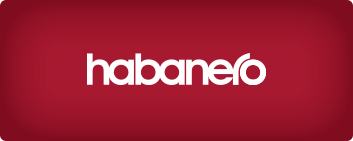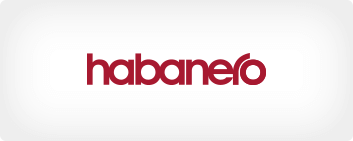There is an awful lot that goes into a successful hybrid workplace. We’re at a wonderful moment in history when the circumstances of the pandemic have forced us to learn some powerful lessons about the mechanics of building the cultures we need to thrive in a more location-independent world. The trick is to take advantage of those learnings.
One of the most striking areas of learning for most organizations has been the need for and impact of trust and autonomy. Our research shows that the overall level of trust in an organization increases simply by sending people to work from home, which disrupts the opportunity for micromanagement that tempts in-person leaders. Building on that trust bump must be a focus of organizations that hope to build successful cultures in the new hybrid era.
When we start talking about trust, it’s too easy for people to put the onus on leaders to “trust their people more”; instead, we need to dig deeper to understand what broader changes are required. I’m not saying that leaders are off the hook – far from it – but this is a complex problem that requires deeper thinking.
One key area requiring that deeper thinking around trust is how organizations recognize performance. To move from traditional to hybrid workplaces, we need to shift our assessment of performance from effort and outputs to outcomes (often labelled as performance-based culture or a results-only work environment). None of this is to suggest that effort and hard work aren’t important. Rather, the focus here is on an organization’s shared understanding of what performance looks like, plus an environment where employees have the autonomy to work in the ways that best suit their talents and working environment.
We see the following three questions as helpful prompts for those designing their future hybrid workplace.
What structures exist that reward a bias to effort over outcomes?
Unfortunately, most organizations are rife with systems that reinforce that effort counts more than the results. Sure, we don’t punch time clocks anymore, but you will find their modern versions in your organization if you look. We’ve seen all sorts of reinforcing hooks in organizations ranging from perks for “overtime” (whatever that means now) and monthly reporting on people who’ve logged the most hours to a fundamental lack of organizational clarity about what performance looks like and how that drills down into everyone’s role. Changing this will require work, but if we are to build healthy hybrid organizations, we must dismantle the many hooks that reinforce the message that effort counts more than results.
Are our leaders managing for outcomes?
Leaders must learn new skills and often develop new approaches to understanding and managing teams and individuals towards performance. The work required to build this capability can be significant, particularly for leaders with teams that work to vague outcomes. In some organizations, we’ve seen long-tenure leaders who have built their brand on leading the hardest working, grittiest teams in their organizations. For these people, becoming a performance-oriented leader can be a difficult transformation that requires focused coaching.
This is an area for organizational learning and development leaders, change leaders and strategy leaders to work together to redefine performance management and support the transformation.
What cultural norms exist that heroize effort?
At the cultural level, everyone in the organization needs to think about how they tell stories and model behaviours. Are we heroizing our efforts, or are we talking about outcomes we’ve created? Are we patting folks on the back for “burning the midnight oil” and their “great hustle,” or do we recognize how people and teams create value for clients and each other? This is clearly a great opportunity for leaders to deliberately model new behaviours, but it is also important for teams and performance managers to help all contributors find new ways of thinking about how they create value and talk about it.
A silver lining of the pandemic is that it has given most organizations a healthy push in the performance-oriented direction. However, without attention and discipline, we fear many organizations will backslide into their old ways. We recommend that organizations step back, learn about performance orientation and other capabilities critical to the hybrid transition through the lens of the employee experience, and start experimenting with approaches to shift culture, re-skill leaders and unpick systemic friction.



.jpeg?bc=white&la=en&mw=416&modified=20260130165838&hash=095D0F305FD51C51141367B46960F57F63671A8C)
.jpeg?bc=white&la=en&mw=416&modified=20260130225717&hash=BEFCD20AA3DAC8B73C0657E188218D50B89DECA4)

